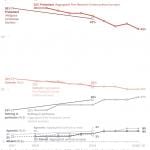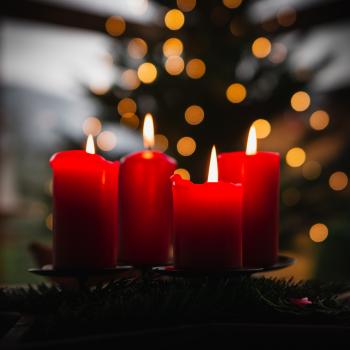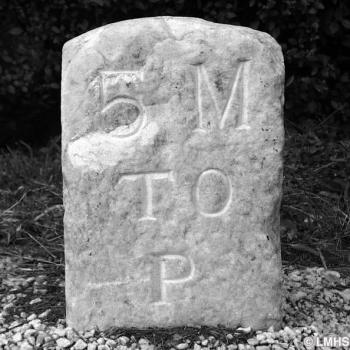Have you ever had one of those experiences when you know that you don’t know, but you know so little, that you cannot even phrase the question about what you don’t know? I don’t think I have ever written a sentence with the word “know” in it that many times! It happens often when I am neck deep in something. Something I care about, something I have entered into willingly. Sometimes, it is thrust upon me when I have to deal with things for which I am ill-equipped to deal.

Ya know what I mean?
I Am Comforted in My Ignorance
Socrates has always been a personal favorite. He wasn’t afraid of ignorance. His method of dialogue in seeking understanding was justly named, the Socratic method. The story goes that at one time after his friend Chaerephon, sought the wisdom of the oracle. But characteristic of Socrates, he was a bit skeptical of the information his friend gained from the oracles. Even, maybe especially, since the information in this instance was that no one was wiser than Socrates. Socrates, dubious of the reported information responded:
“I am wiser than this man; it is likely that neither of us knows anything worthwhile, but he thinks he knows something when he does not, whereas when I do not know, neither do I think I know; so I am likely to be wiser than he to this small extent, that I do not think I know when I do not know” (Apology. 21d-e).
I Know I’m Entering the Unknown
For the past two weeks I have been working on a presentation about how to have difficult congregational conversations. I have facilitated a number of those, and I enjoy them. I’ve worked with groups in conflict. Some have been trying to discern God’s movement toward new ideas and renewed mission. Sometimes it has been processing corporate spiritual practices.
But now I am in the arena of the unknown. The presentation that I am working on describes the process of working with a congregation needing to answer a question that has been difficult for them. Not only them, but many traditional congregations have struggled with the issue of welcome and inclusion of LGBTQ+ people. One of the hard parts is trying to keep myself from inserting too many ideas and pushing my agenda. But the hardest part is learning a new language.
There are terms, phrases, words, that have changed in meaning. Even as I try to be delicate, I have been informed that I must be careful not to confuse a variety of identifiers around sex and gender, the arrangement and re-conceiving of pronouns. There are words that belong to subcultures that don’t communicate to a predominant culture. There are words used in the predominant and traditional culture that do not communicate to the subculture.
I worry that I will offend unintentionally, that I may accidentally add confusion and difficulty to a conversation that is already hard enough for many.
St Paul Was Ignorant Too
And Paul was somewhat satisfied, or at home, in his ignorance. Akin to Socrates saying, “I do not think I know when I do not know,” Paul tries to tamp down a community in conflict. When I work with communities in conflict, introspection and humility quickly become scarce. Parties in conflict often “know” what the intentions and motivations are of their opposition. Maybe Paul wanted I Corinthians 8:2, to be understood in that limited context. However, he often falls back on foundational principles that guide his conclusions.
Anyone who claims to know something does not yet have the necessary knowledge (I Corinthians 8.2).
I don’t know that I can defend my interpretation, but I think Paul means it as a general principle. But I am finding it reassuring. Paul goes on to further talk abstractly about “knowledge”, and what kind of knowledge is important. The most important content of knowledge is not what I know. It is not about me, at all. Paul turns knowledge on it’s head and asserts that God’s knowledge is the important knowledge. And not just any knowledge like algebra, nuclear physics, or how to make excellent gravy.
but anyone who loves God is known by him (I Cor 8:3).
Paul wants us to know that we are the content of God’s knowledge. God knows us. Intimately, compassionately, lovingly, constantly.
I find comfort in claiming that I do not know. Because I know the one who knows me.
But…
what do I know?
Want Craig to come speak at your church, provide a workshop or a retreat? Send an invitation HERE
For more resources from Craig, check out The Missionplace.
And, although we’re on hiatus, subscribe to
The All That’s Holy: Blue Collar Podcast available on iTunes.
















